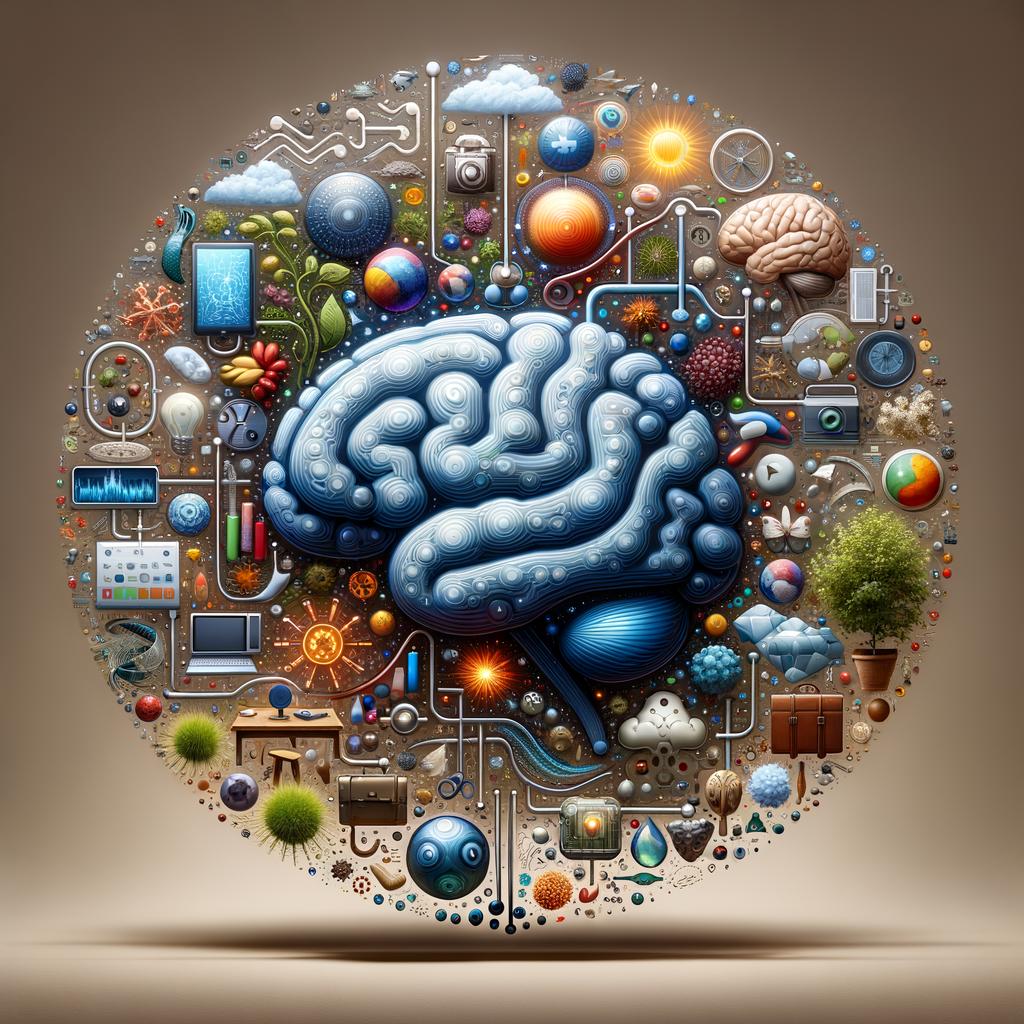
Introduction
Have you ever wondered, “What are Nootropics used for?” Known as ‘smart drugs’, they awaken the mind, focus your thoughts, and boost your productivity. These cognitive enhancers are often used to improve memory, creativity and motivation. This nutshell summary, however, just skims the surface of this fascinating and complex topic. In the world of health and wellness, navigating the path of nootropics can be quite a journey with numerous variables to be aware of. This article will delve into this topic, shedding light on the reasons behind their popularity, how they work, and what to consider when contemplating their use.
The Benefits of Nootropics
Nootropics, coined as the ‘brain boosters’, are typically associated with enhanced cognitive functioning and improved mental performance. They claim to sharpen focus, boost memory, and stimulate mental agility – truly an enticing proposition, isn’t it? Users, ranging from students cramming for exams to professionals looking for that competitive edge, seek them to supercharge their brainpower. Moreover, these substances are supposedly instrumental in reducing effects of mental fatigue and brain fog, thus used extensively by shift workers or those employed in jobs requiring precision and alertness.
Boosting Brain Health
In addition to pure performance enhancement, nootropics are often utilized to slow the inevitable march of time on our brains. They’re believed to stave off cognitive decline, bolster brain health and ward off conditions like Alzheimer’s and dementia. Is it all just conjecture or do these brain tonics truly hold the power we credit them with? Let’s find out.
The Working of Nootropics
Nootropics act by tweaking our brain chemistry. They modulate neurotransmitters, the body’s chemical messengers, thus enhancing their efficiency. For example, some nootropics increase the production of acetylcholine, a neurotransmitter heavily involved in memory and learning. Others enhance the production of dopamine, enhancing our mood and motivation. It doesn’t take a rocket scientist to grasp why they’re so immensely appealing.
Natural vs. Synthetic Nootropics
Nootropics come in both natural and synthetic variants, each with their unique benefits. Natural nootropics, such as herbs, mushrooms, and other botanicals, typically have fewer side effects and are deemed safer. Synthetic nootropics, on the other hand, are engineered to elicit more potent effects.
Points to Consider
Before you dive headfirst into the world of nootropics, tread carefully. While these cognitive enhancers can strengthen your brainpower, they are not magic pills. Lifestyle factors like a balanced diet, regular physical activity, and adequate sleep remain the foundations of cognitive health. It’s essential to bear this in mind when considering an addition of nootropics to your routine.
Potential Downsides
Like all good things, nootropics too have their potential downsides. Some individuals may experience side effects such as insomnia, anxiety, or digestive issues, especially if consumed in high doses. As always, it’s wise to start slow and consult a healthcare professional before incorporating any new supplements into your regimen.
Conclusion
In conclusion, nootropics, the heralded brain boosters, boast numerous uses from enhancing cognitive functions to improving brain health. Yet, while they appear to have myriad benefits, one must approach with caution and not neglect traditional lifestyle enhancements. Striking a balance is key to maximizing the benefits of nootropics.
Frequently Asked Questions
1. Are nootropics safe to use?
Unlike some performance-enhancing substances, most nootropics are usually considered safe. However, as with any supplement, reactions can vary from person to person and some side effects may occur.
2. Do nootropics really work?
Many people find that nootropics enhance their memory, creativity, and overall cognitive functions. It is important to note, however, that results may differ based on individual factors.
3. Are nootropics used for studying?
Yes, nootropics are often used by students and academics as they are known to enhance memory and improve concentration and focus.
4. Can nootropics be used for weight loss?
While not specifically designed for this purpose, some nootropics may aid weight loss by enhancing metabolism and curbing appetite. However, it’s essential to embrace a comprehensive approach to weight loss that includes a balanced diet and regular exercise.
5. Are nootropics addictive?
Most nootropics are generally considered non-addictive. However, as with any substance, usage should always be monitored and they should not be considered a replacement for a healthy lifestyle.


0 comments